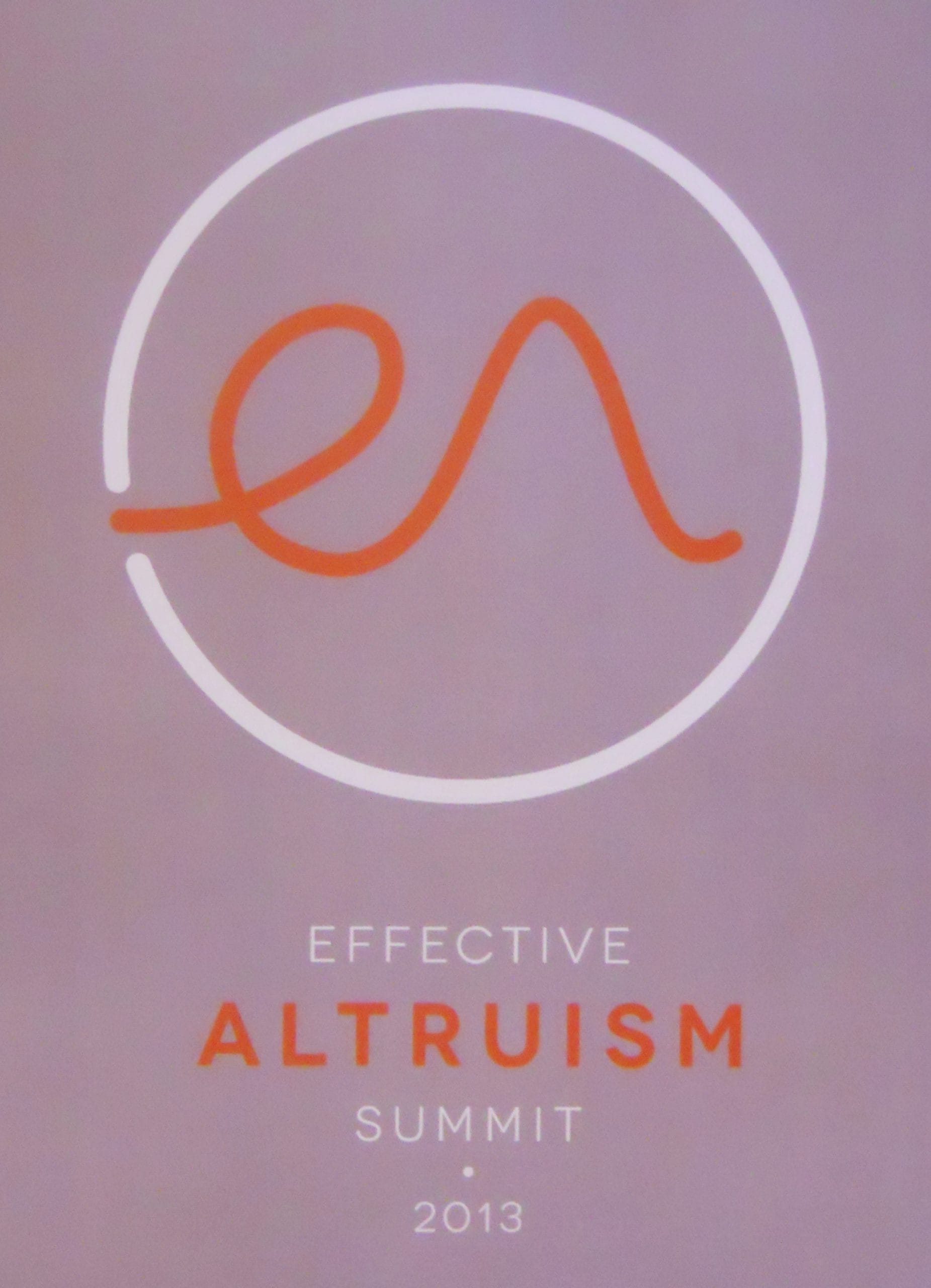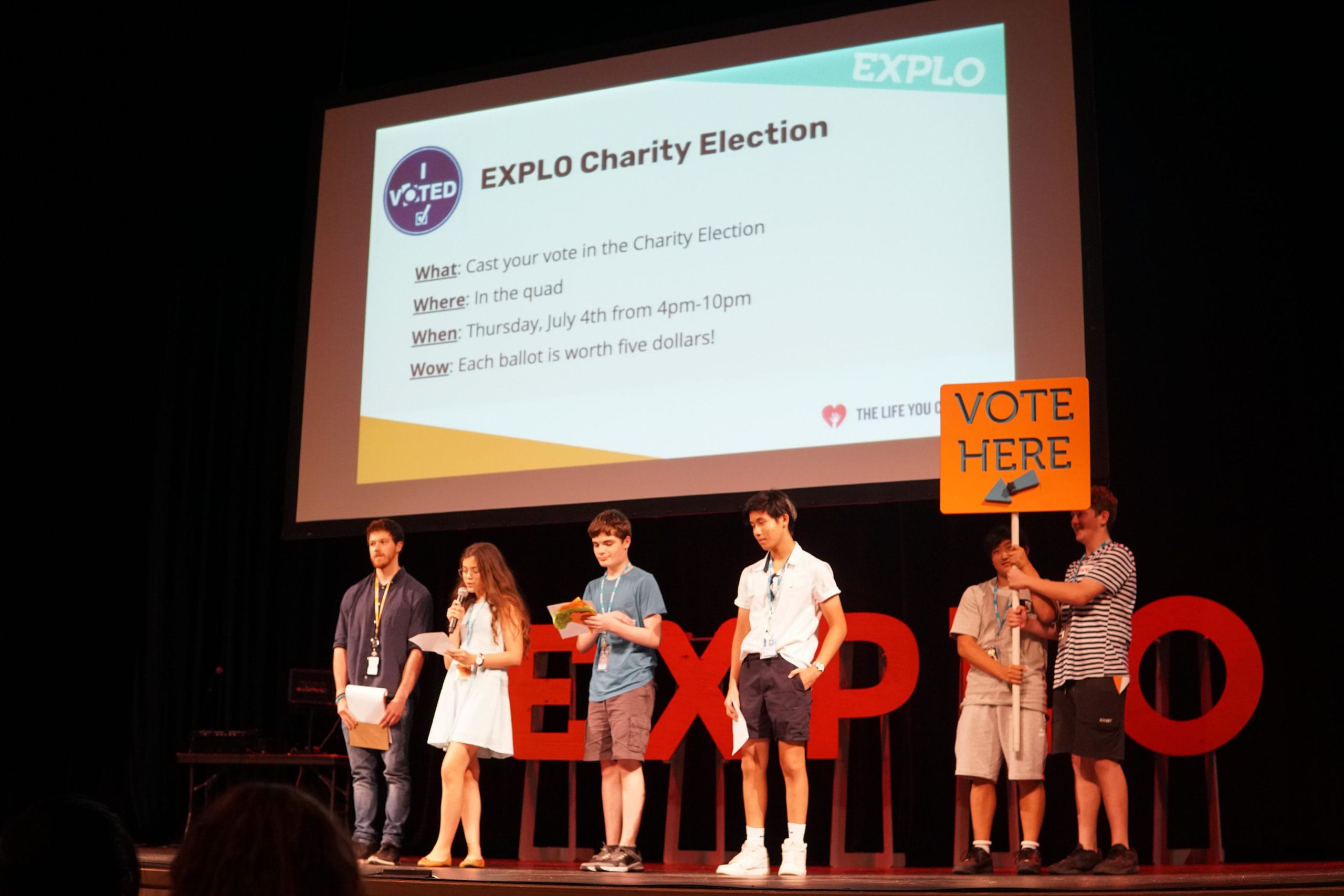 This week is roughly divided into “effective altruism days” and “rationality days”; Tuesday was technically an effective altruism day, although I learnt a lot about rationality! But I'm afraid I'm going to leave room for other attendees to blog about the content of the day and instead simply share some more subtly useful moments of the day that are indicative of the kind of cool little habits that a lot of effective altruists are developing in their everyday lives.
This week is roughly divided into “effective altruism days” and “rationality days”; Tuesday was technically an effective altruism day, although I learnt a lot about rationality! But I'm afraid I'm going to leave room for other attendees to blog about the content of the day and instead simply share some more subtly useful moments of the day that are indicative of the kind of cool little habits that a lot of effective altruists are developing in their everyday lives.

Effective Altruism Summit: Day 3
Share this story:
Related stories:
Intellectual nourishment
The idea of sending my kids to school without a good, healthy breakfast inside them fills me with a mild terror. Read more >
Classroom Elections
A Charity Election is a school-wide election where students vote on where to donate among a selection of charities chosen t... Read more >
Categories:
- Agriculture and Farming
- Books
- Children
- Economic Development
- Education
- Effective Giving
- Environment
- Events
- Finding Fulfillment from Giving
- Friends and Family
- Fundraising
- Giving Games
- Giving Pledge
- Health and Infectious Diseases
- Hunger and Nutrition
- In The News
- Marketing
- Millennials
- Partnerships
- Peter Singer
- Philanthropy Education
- Refugees
- Religion
- Research and Evidence
- Setting and Achieving Giving Goals
- Social Media
- The Life You Can Save book
- Uncategorized
- Water and Sanitation
- Women and Girls
- Yearend Giving
About the author:
Holly Morgan
Holly Morgan is a former Executive Director at The Life You Can Save and a former Director of Community at Giving What We Can; while a philosophy student in Oxford, she played a key role in getting both of these organizations and the wider Effective Altruism movement off of the ground.


